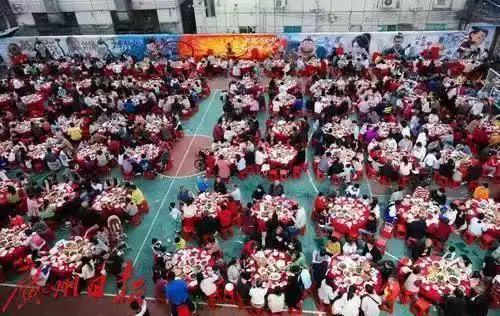In a bid to encourage marriage and child – bearing, Nanling Village in Guangzhou has recently announced a significant policy adjustment: doubling the marriage and child – bearing rewards, with the highest reward reaching 200,000 yuan. This move has attracted wide attention both locally and in the broader public sphere.
The Policy Adjustment
Previously, the village had a set of rewards for couples getting married and having children, which were designed to support family building and population growth in the village. However, in response to the changing demographic situation and to further promote marriage and child – bearing, the village committee decided to double these rewards. Under the new policy, couples who meet certain criteria can receive substantial financial incentives. For instance, for a couple having a first – born child, the reward amount has been increased, and for those having multiple children, the rewards are even more generous, with the upper limit now set at 200,000 yuan.
Reasons Behind the Policy
The decision to double the rewards is mainly driven by demographic concerns. In recent years, like many other areas, Guangzhou has been facing challenges related to a declining birth rate. By offering more attractive rewards, Nanling Village hopes to encourage young couples to start families and have more children. Additionally, it is also a way to strengthen the sense of community and family values within the village. A growing population can contribute to the long – term development of the village, including aspects such as labor force supply and cultural inheritance.
Public Reactions
The announcement of this new policy has sparked various reactions. Some residents in the village have welcomed the move, seeing it as a positive step that can provide real – world support for young families. They believe that the financial rewards can help ease the economic burden of raising children. On the other hand, some people outside the village have also expressed interest in this unique policy, discussing whether similar measures could be adopted in other regions. However, there are also a few who question the long – term effectiveness of such financial incentives, arguing that broader social and economic factors also play crucial roles in people’s decisions to marry and have children.
Future Outlook
It remains to be seen how this policy will impact marriage and child – bearing rates in Nanling Village. If successful, it could serve as a model for other villages or even larger administrative regions in Guangzhou or across the country. The village committee will likely monitor the situation closely and may make further adjustments to the policy based on the actual effects.
In conclusion, Nanling Village’s decision to double marriage and child – bearing rewards is an innovative attempt to address demographic challenges, and it will be interesting to observe its long – term outcomes.
